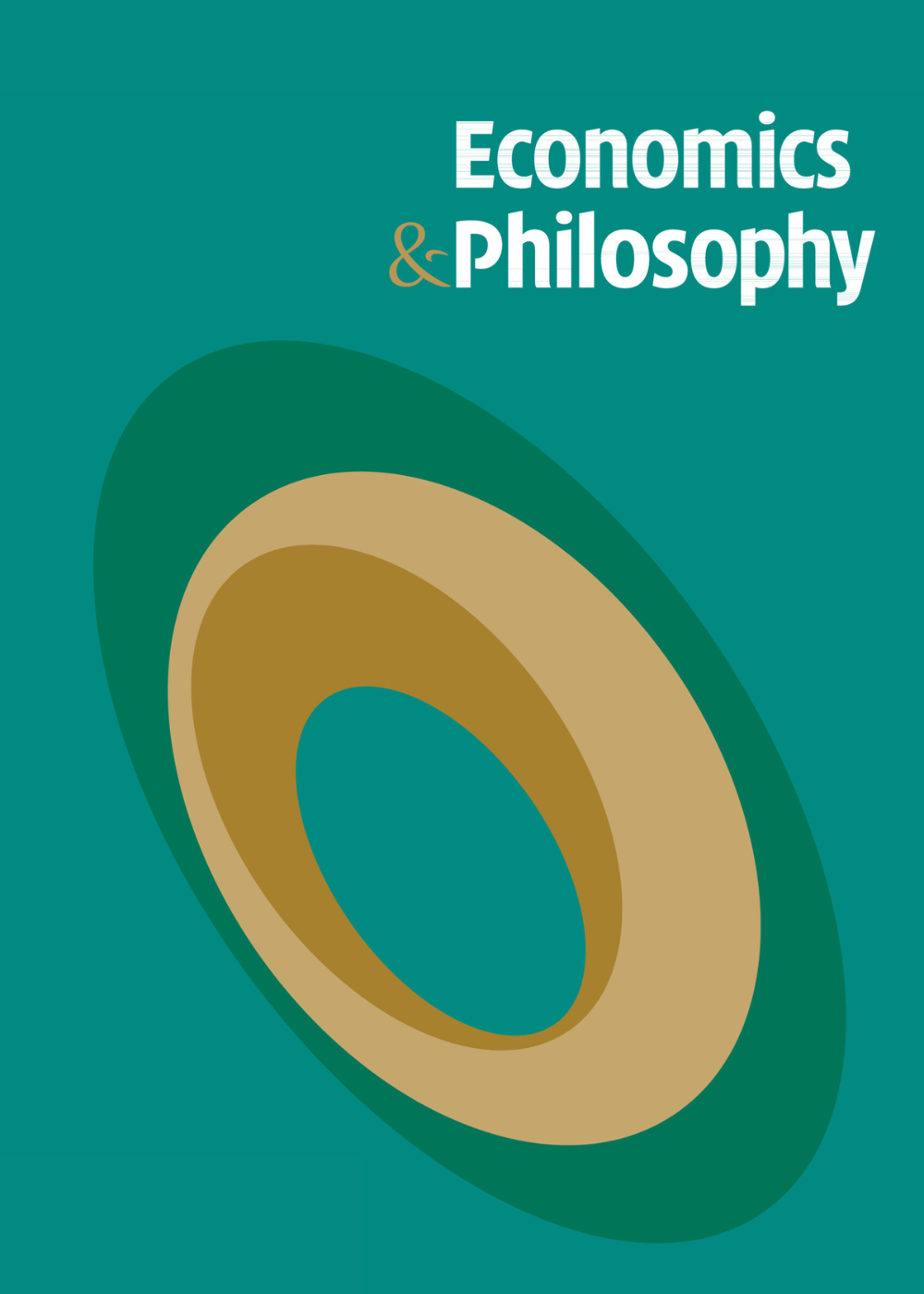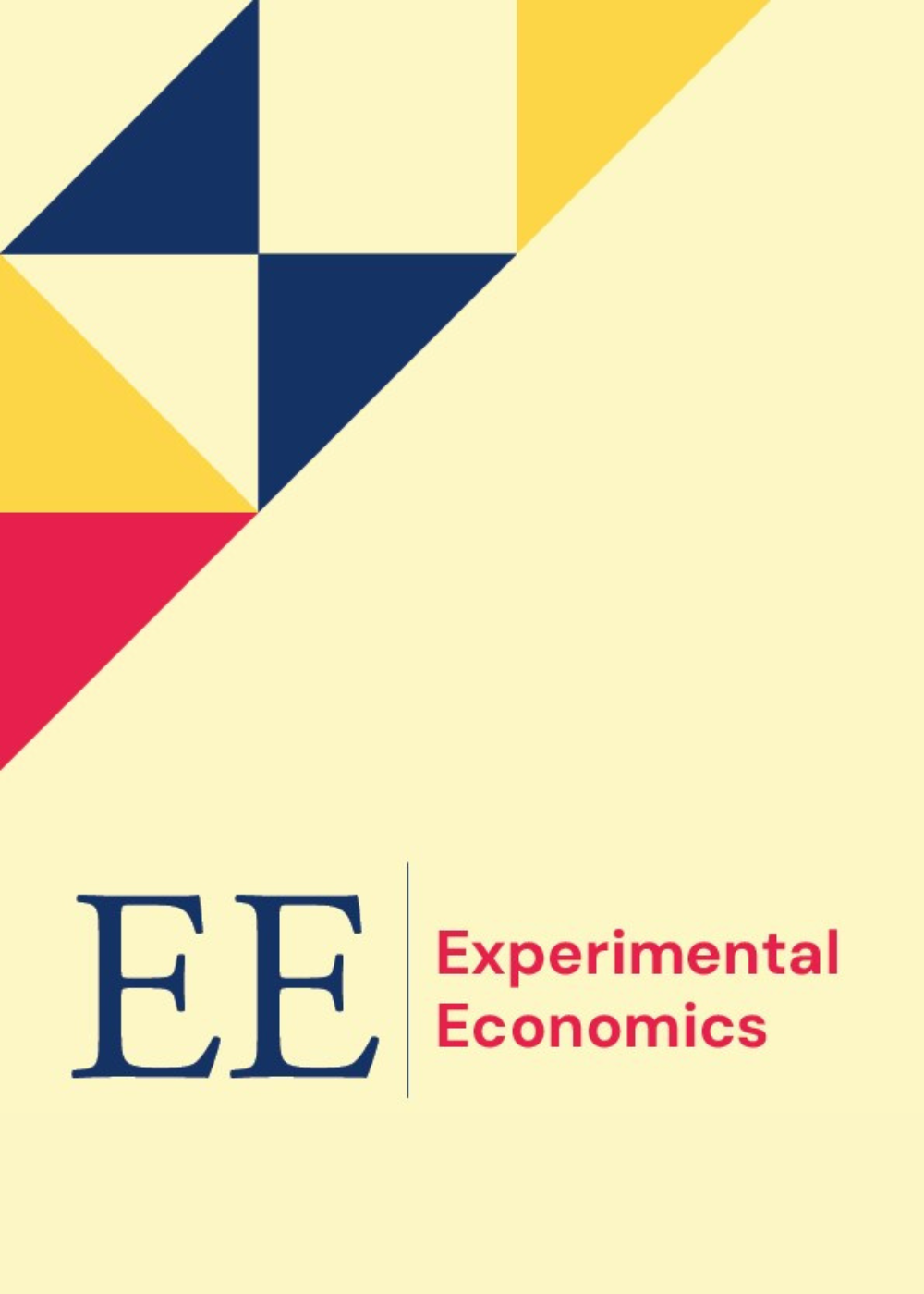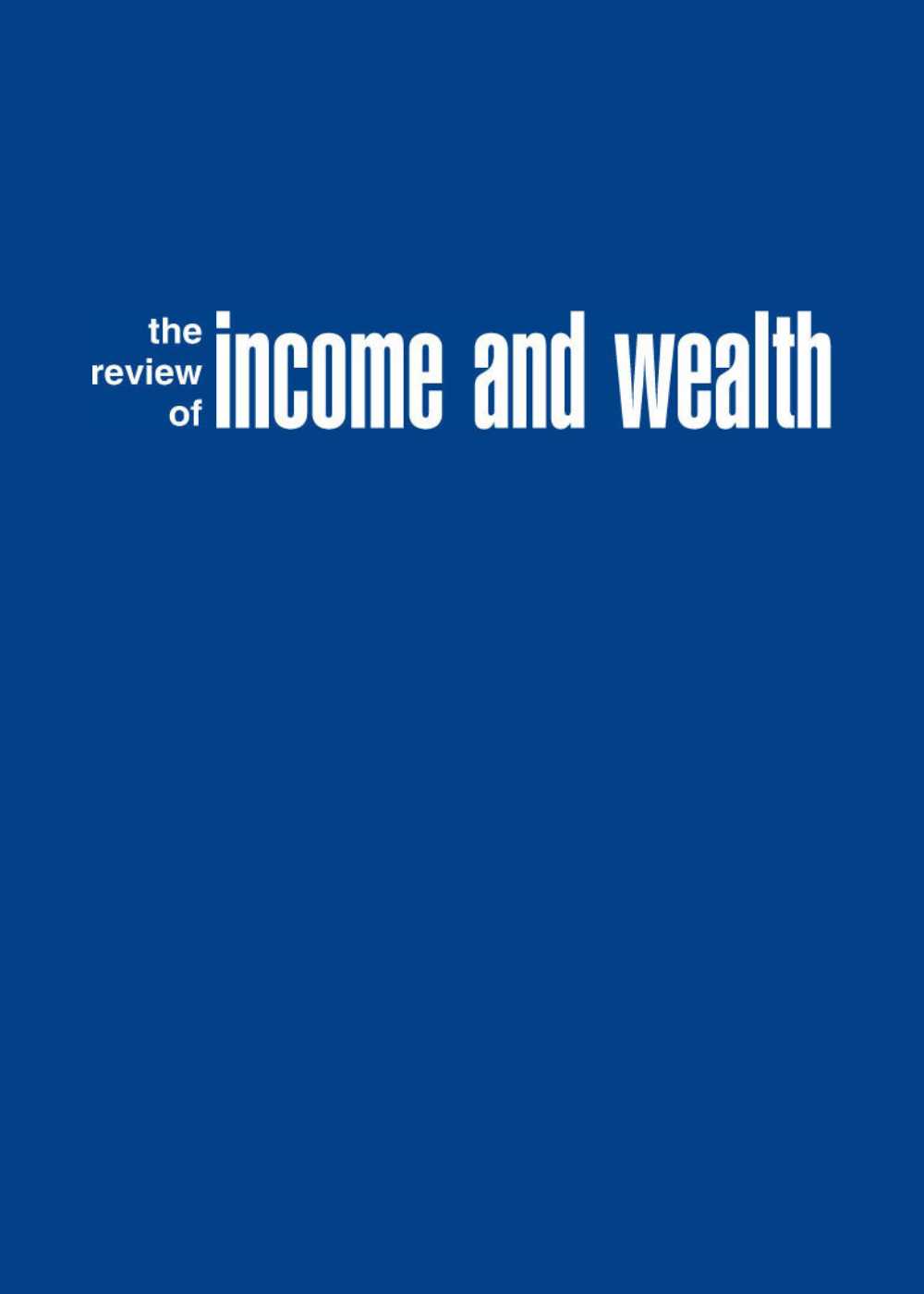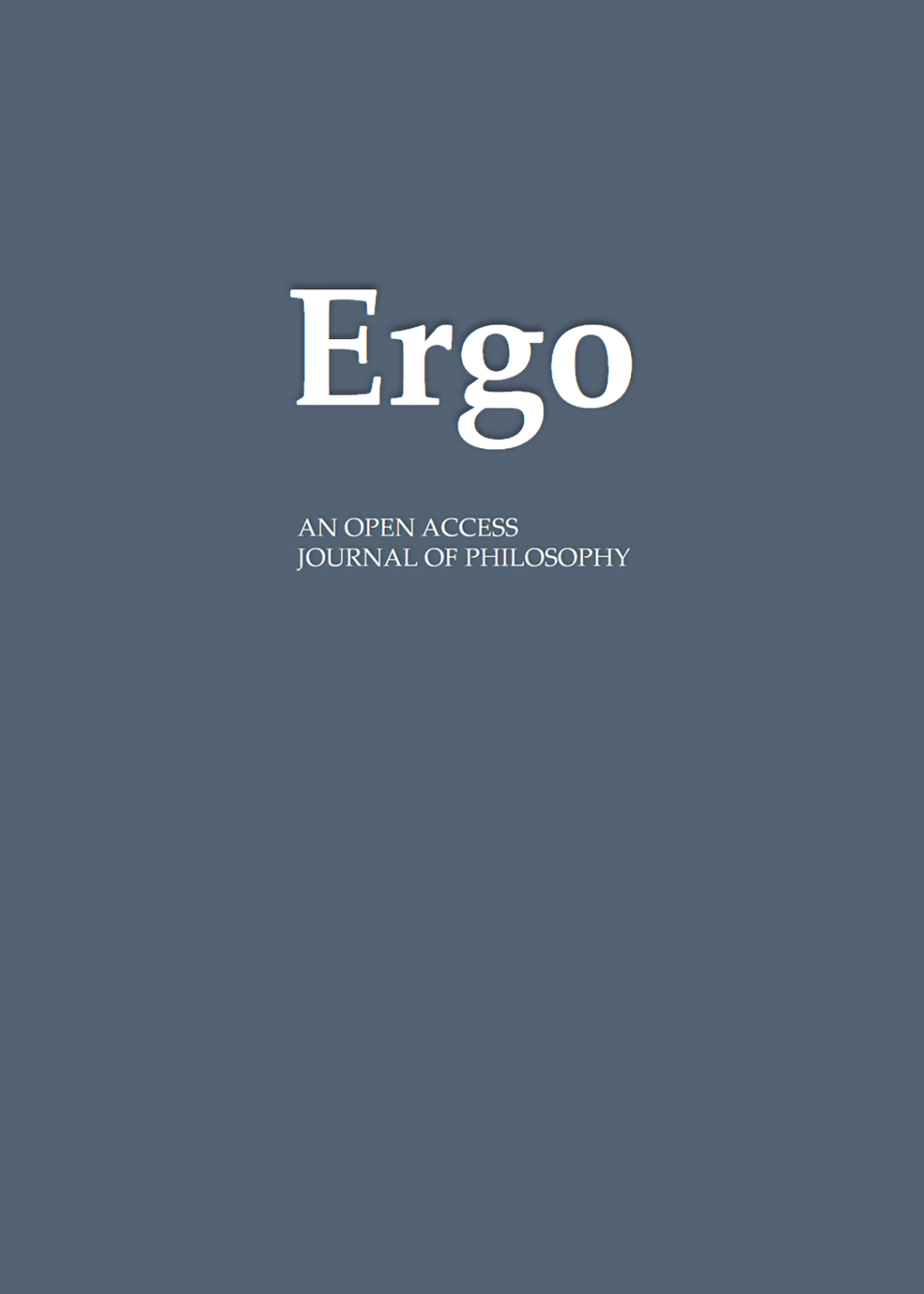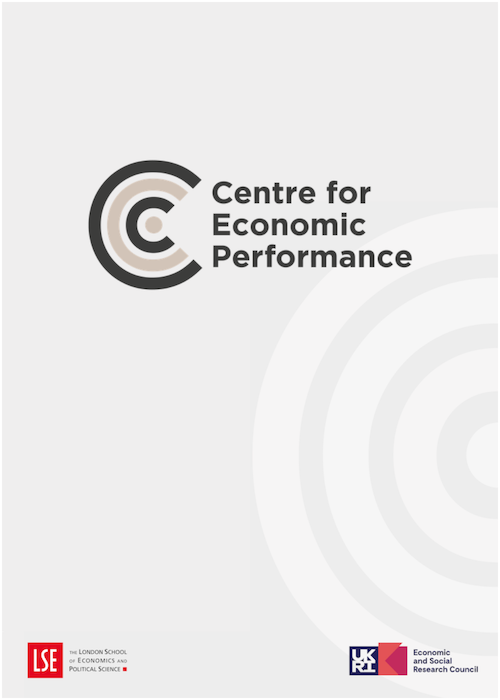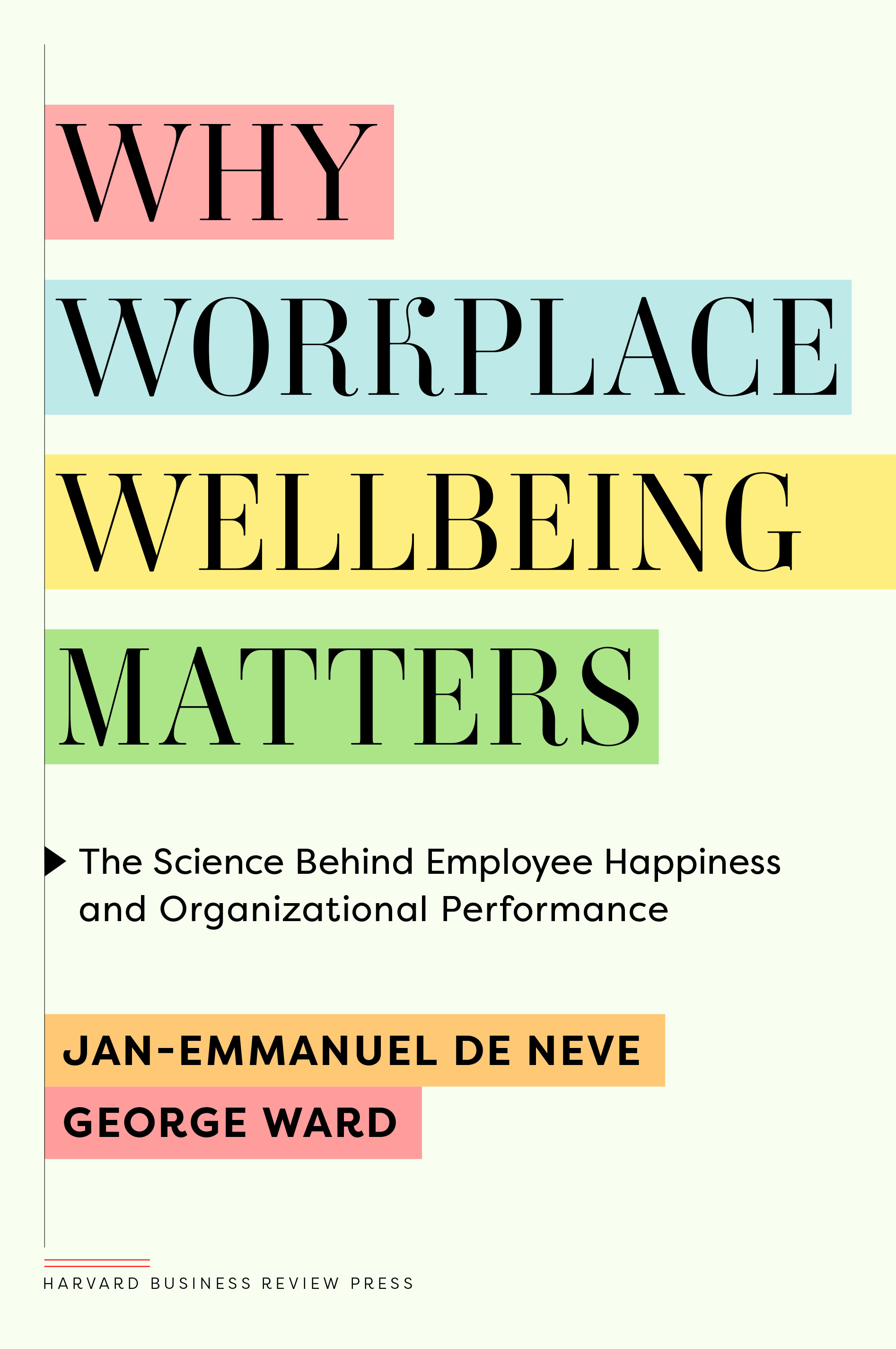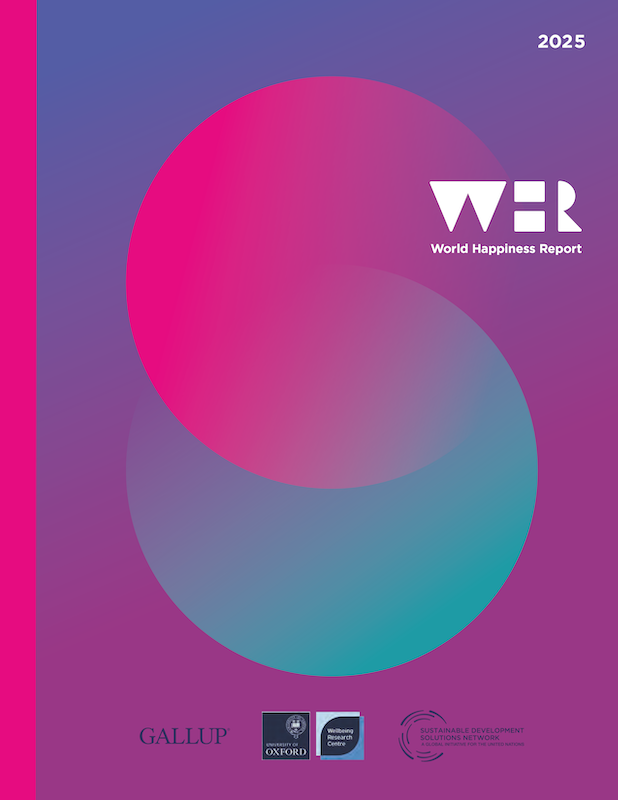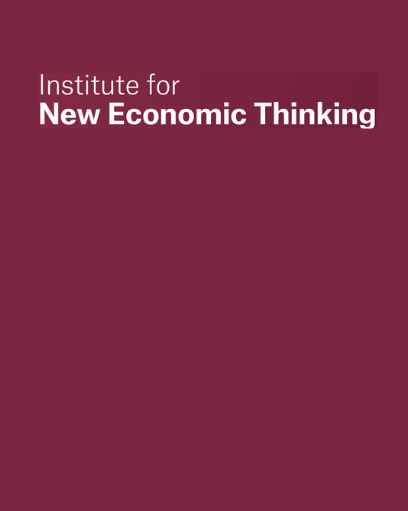
How Threatening are Transformations of Happiness Scales to Subjective Wellbeing Research?
Institute for New Economic Thinking
Caspar Kaiser & Maarten Vendrik
Abstract
A recent paper by Bond & Lang (2018) forcefully argues that the results of most happiness research are reversible. If they are right, empirical happiness research is in crisis. In this paper, we make four related contributions. First, we show that B&L’s reversal conditions imply that respondents answer happiness questions in a manner that is implausible and which is contradicted by previous empirical research. Second, we show that reversals are driven by effect heterogeneities across the distribution of reported happiness. Third, we give a simple procedure by which such heterogeneities can be detected and provide conditions under which OLS coefficients can be reversed by appropriately relabeling response categories. These conditions turn out to be similar to those given by Schröder & Yitzhaki (2017). Fourth, using GSOEP data, we empirically assess the plausibility of Bond & Lang’s reversal conditions and check whether coefficients from OLS and fixed-effects models can be reversed. Our analysis focuses on household income, unemployment, childbirth, sickness, and marriage. Bond & Lang’s reversal conditions turn out to be implausible for all these variables. Moreover, when using a full set of controls, no reversals of coefficients of the OLS and FE models are possible.
